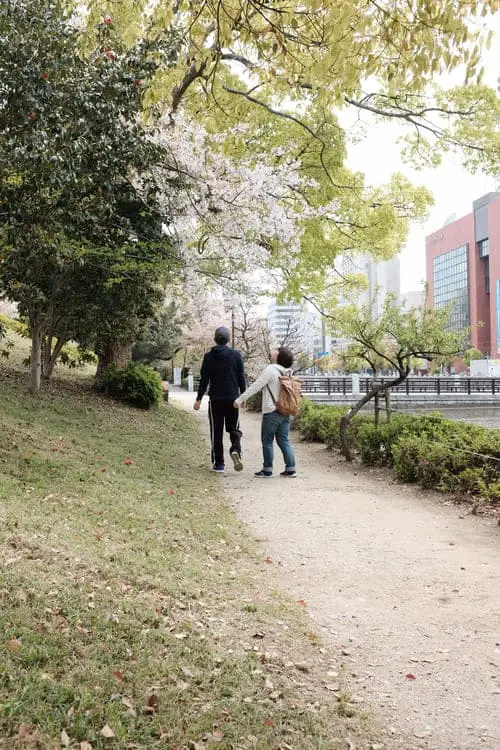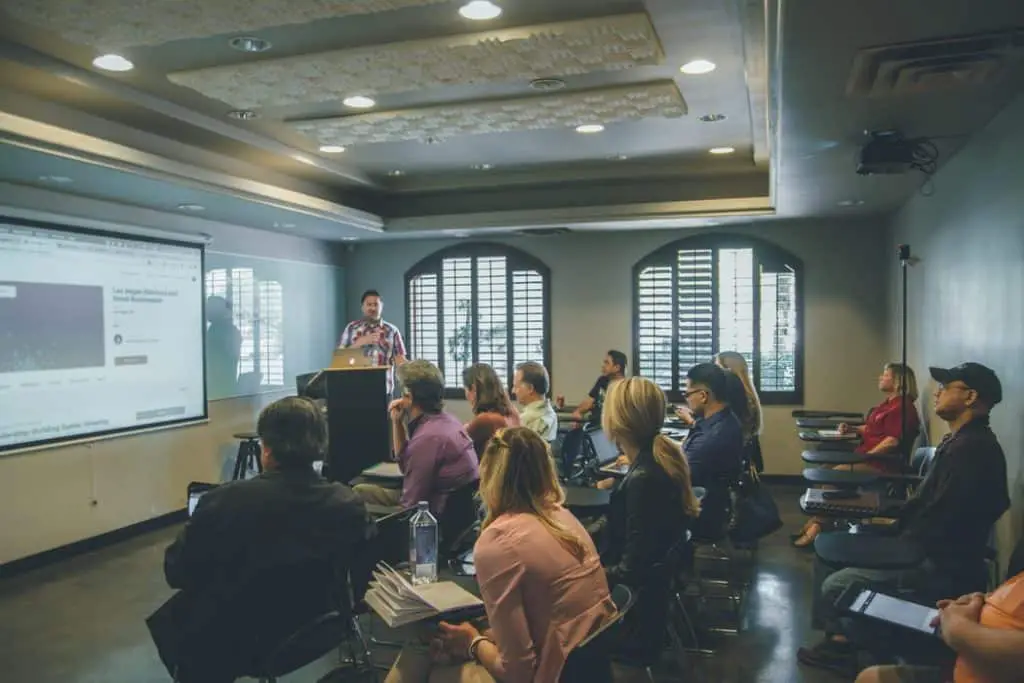As an international student coming to Denmark, I regretted having ignored the gesture by the university to help me on the first day at the campus. Indeed, the university had been clear in the introductory communication sent to me when still in Kenya. They emphasized that I communicate with them in advance so that they organize for reception by their representative. The representative was also supposed to orient me about critical facilities around the campus. Confident that my sister was already a resident in Denmark, I opted to do it my way and ended up suffering.

Plans for First Day at Campus
It is critical to make prior plans about the first day at the university lest the experience turns out dramatic and disappointing. It was Winter when I made my maiden sojourn at the University of Southern Denmark. Winter being extremely chilly in Denmark, walking around, and staying on the outside meant exposing myself to the chilly weather.

Mistakes on the First day at Campus
If there is anything I should have done right was to organize with the university to receive me. Again I would have had internet on my phone just in case I needed to check something out like direction. I would also have worn heavier clothing suitable for Winter.
Studies as an international student comes with a lot of financial requirements even if one has bagged a full scholarship. From day one, it was already clear tome that I would really need to have some good amount to meet my money needs.
Arriving Early for Studies
At all times, through all means available, it is good to arrive for studies at the right time, or even earlier if the residence permit allows. Arriving in good time allows one to experience the new environment before studies can start. Some important pre-student events which I missed included orientation, a visit to the main campus in Odense, and a student opening party.
Not arriving in the country before studies begin means that I was grossly out of touch with my fellow students and the system. I had to take a very steep learning curve, trying as much as I could to socialize with other students while the weight fo studies were also getting much. This greatly impeded my socialization at least for the first quarter of my studies.
Nature of My Master Program
My program is interdisciplinary in the sense that it integrates both social science and natural science. Coming from a natural science background, I had to adjust and learn new social science concepts. Challengingly, some of these concepts had been explained in earlier classes before I reported to the university.
Honestly, it weighed me down that I could not immediately apply some of the concepts like my colleague students. I had to check through the notes and exercises fast enough to catch up. I did not want to feel worked up and stupid! I resorted to immerse myself deeply into reading extensively and intensively. This approach paid off. In two weeks I was in tow with the course.
Learning Methods and Delivery

Taking my Master’s program in Denmark slowly turned out to be one of the best experiences ever in my academic life. The learning is not indoctrinating which means that instructors do not treat exciting information in textbooks as the ultimate truth. Everyday lectures were about inquisition, probing knowledge, critiquing concepts, and theories. Out of the many bits of information, we would end up more informed and challenged.
Group Work
Group Work and teamwork is a typical learning method for Masters’ Students in Denmark. For most of my courses, lecturers emphasize social and transactional learning. The idea is to help students overcome their limitations, fears, and social barriers to get the best of learning.
In the lecture halls and outside, we engaged in peer to peer learning where the lecturer does not treat himself as the only source of knowledge. In fact, most of them emphasise that they too are in the program to learn from us. This alone sets the pace for high order critical and creative thinking.
Lecture Sessions

The multidisciplinary nature of my program meant that we work with various theories, hypotheses, methods, and models; most of these were new to me. The fact that the lecturers explained the ideas in such a way that everyone understands was a great thing. The learning aids such as software, textbooks, and study networks really make learning in Denmark a wonderful experience. With only two to three lessons a week, I could spare time to do a private study or visit the library to just engage in inquisitive reading.
University Examinations in Denmark
As someone coming from a system of education where the focus was always passing exams and writing tests on exam booklets, things were not the same in Denmark. In Denmark, the grades are a focus, yes, but the mode of assessment is in such a way to challenge the students to think beyond conventional knowledge. I bet I felt like my IQ was on a spike (an exaggeration though).




